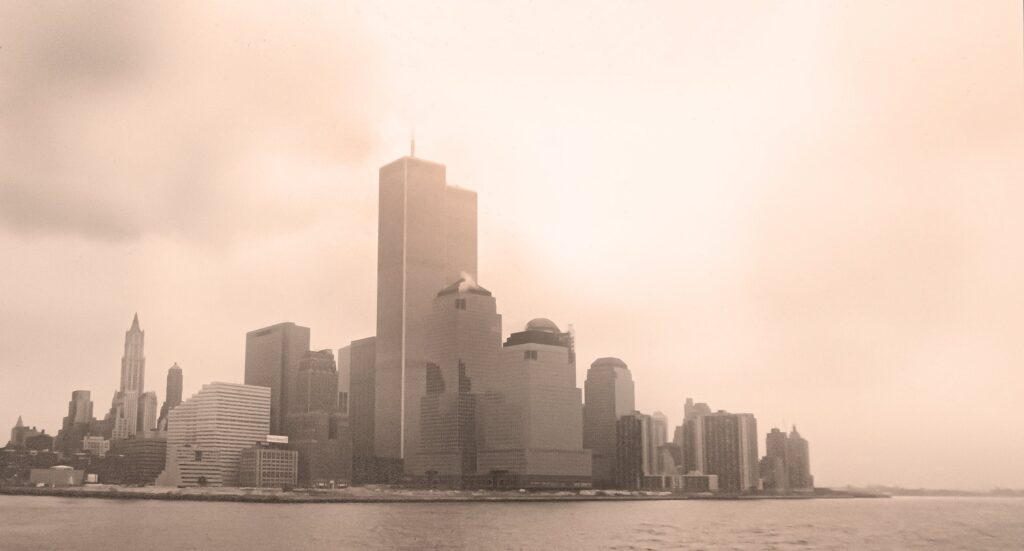
September 11, the September 11 marking the beginning of the War on Terror, is old enough to vote now. To show my age, it was perhaps the most defining event of my generation, the one where everyone knew where they were, what they were doing, when they heard about it. Many of us watched the Twin Towers collapse live on television; in my geography, some of us watched the smoke live in the sky as we worried about friends and family inside. We worried about what was coming next after the Pentagon was hit, and we cheered the heroism of the passengers on Flight 93. In those hours and days after it began, we were united in our horror, our sadness, our determination to move forward. There were pockets of division but on a local and individual level, we were largely one people for a time.
It all fell apart, and now we are in a time where friends and family will disown each other over what might seem like the smallest of differences. We grate on each other, convinced our side is in the right on every issue. We look with suspicion on anyone who is not in lockstep with us. We cast blame on groups of others, and convince ourselves that they are the source of all our ills. Rather than debate how we got here or even who needs to bend so that we can come together again, I think it more productive to simply see and acknowledge that we are, and that it’s dysfunctional in way that does none of us any good.
Certainly there is a flavor of nostalgia about those post-9/11 days, a glossing over of some of the truly problematic bits. It wasn’t all good, and we didn’t all love each other. Still, there was a feeling in the air, much like we’ve seen after other major disasters as folks have lined up to donate blood and food and household goods, and pour money into relief efforts. They may devolve to the much-derided “thoughts and prayers,” but there are moments when even just that moral support was and is meaningful and appreciated. It might involve wearing some intentional blinders for a few minutes, but for a period, to remember the good, that’s okay. Much like gratitude works generally, focusing on those positive aspects helps us see more of them in the future, helps us make more of them happen at all.
There is a time and a place to take in the negatives. We can’t fix them unless we are honest about where the cracks are and how they were formed. We must bear witness to atrocities and smaller evils, to recognize those who have suffered under them, to recognize their injuries and in doing so help heal them. We cannot sweep the bad things under a rug, ignoring them and hoping that they simply will not affect us and ours or that they only hurt those others and so are acceptable. But we cannot wallow in them all of the time, most especially so if we use them merely as an opportunity and justification to merely denounce those we believe at fault. We cannot assume that their poison will not spread to who we care about.
So here’s my challenge to you today: There is somebody you cross paths with, or used to, who you don’t agree with. I’d like you to seek them out, and find something you have in common. It could be a favorite movie franchise you share, a travel destination you’ve both enjoyed once, a challenge you’ve both surmounted. It could be an accord on one divisive issue even though you stand at opposite sides of another. It doesn’t have to be much. It doesn’t even have to be enough to fully repair your relationship or make you best friends. It just has to be enough for you to remember that you are both people, traveling through life, trying your best to survive and thrive.




